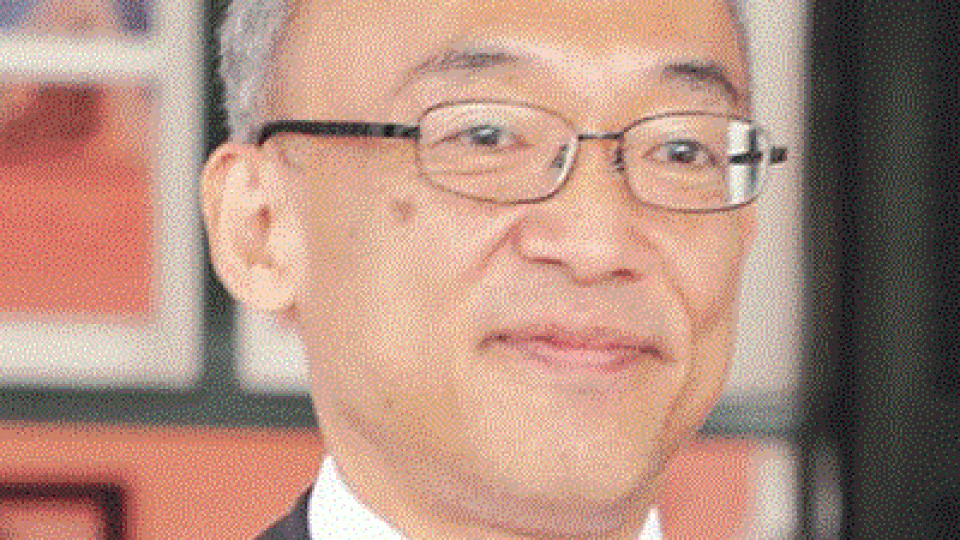from MARCUS MUSHONGA in Harare, Zimbabwe
Zimbabwe Bureau
HARARE, (CAJ News) – A US$900 000 ($17,1 million) contribution to the World Food Programme (WFP) will boost food security and improve the livelihoods of nearly 9 000 people in southern Zimbabwe.
Communities in the Chiredzi district will benefit from the funding provided by Japan as the WFP rolls out resilience building activities.
Funds will enable WFP to provide food assistance while at the same time stimulating local development through the construction of small-scale infrastructure such as small dams and nutrition gardens, the provision of training for farmers in agriculture and income-generation activities such as poultry and beekeeping, as well as land reclamation activities.
“We are grateful to Japan for its commitment to expanding the opportunities of vulnerable rural families,” said Francesca Erdelmann, WFP’s Country Director in Zimbabwe.
WFP is working with communities to transform rural areas, improving incomes for farmers and providing financial safety nets.
“Our goal is to ensure food security even for the future, and to do so, we would like agriculture to remain both an attractive and a viable option for the next generation.”
Japan is one of WFP’s top donors in Zimbabwe.
In addition to funding WFP’s resilience building initiatives, Japan has also supported WFP’s emergency food assistance activities. The latest contribution brings Japan’s total contributions towards WFP’s activities in Zimbabwe to $26 million (R494 million) since 2012, supporting food assistance and resilience-building for vulnerable communities.
Satoshi Tanaka, Ambassador of Japan to Zimbabwe, hopes the targeted communities in Chiredzi will, through the construction of community assets, training in various income-generation activities and restoration of degraded land, become more resilient to future climate shocks and economic challenges.
“The goal is not only to support them in the current difficult situation, but also for them not to require assistance in the future,” Tanaka said.
– CAJ News

